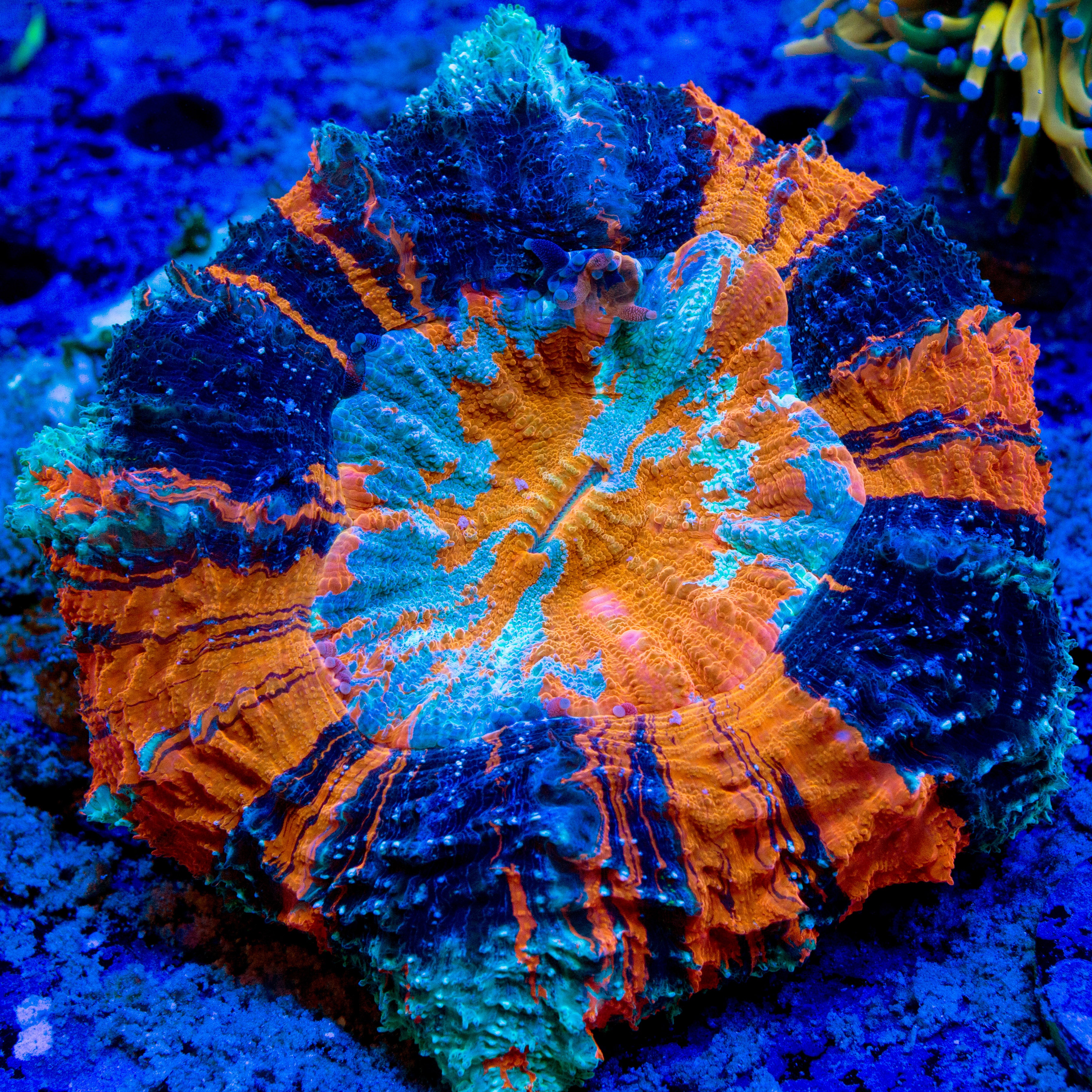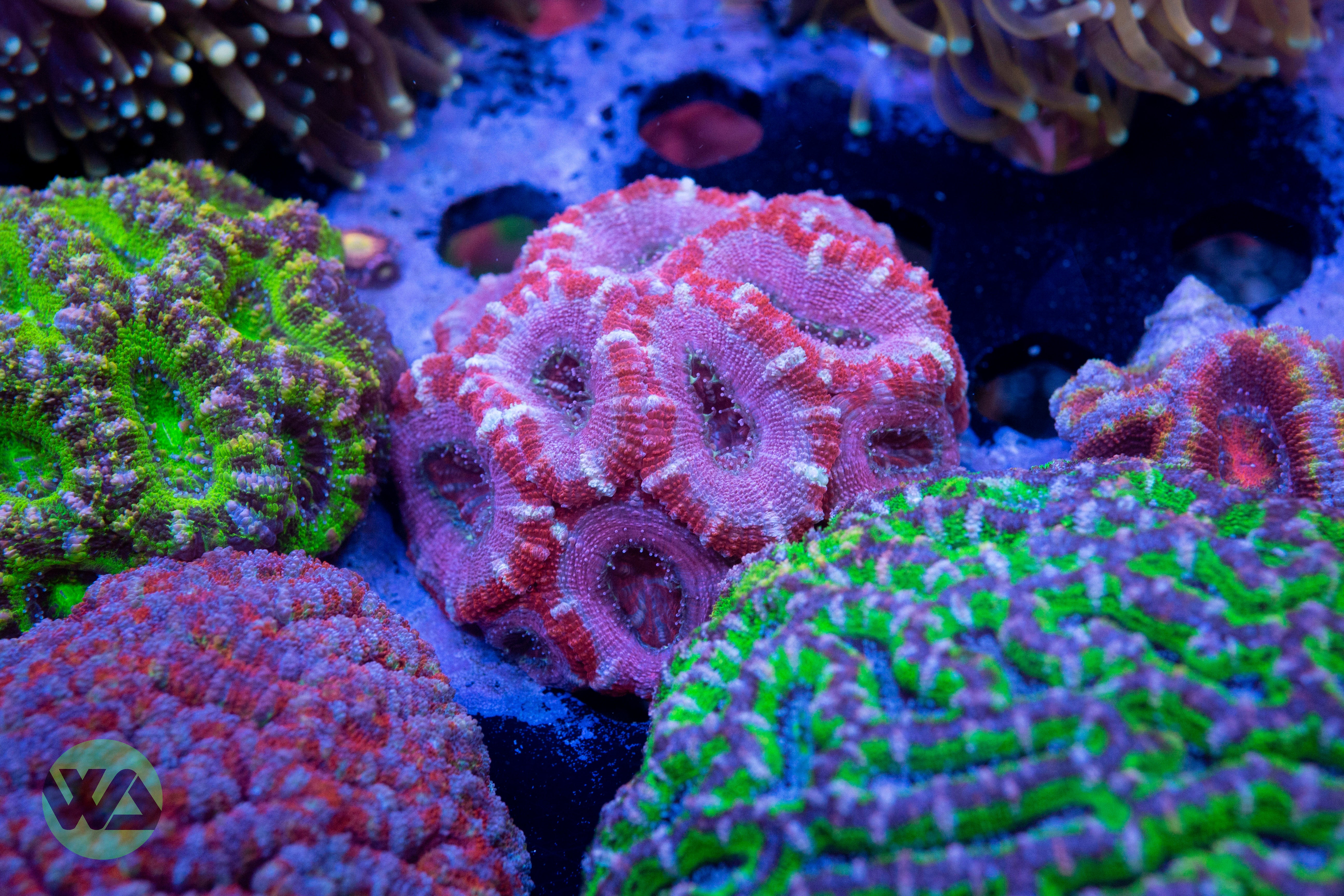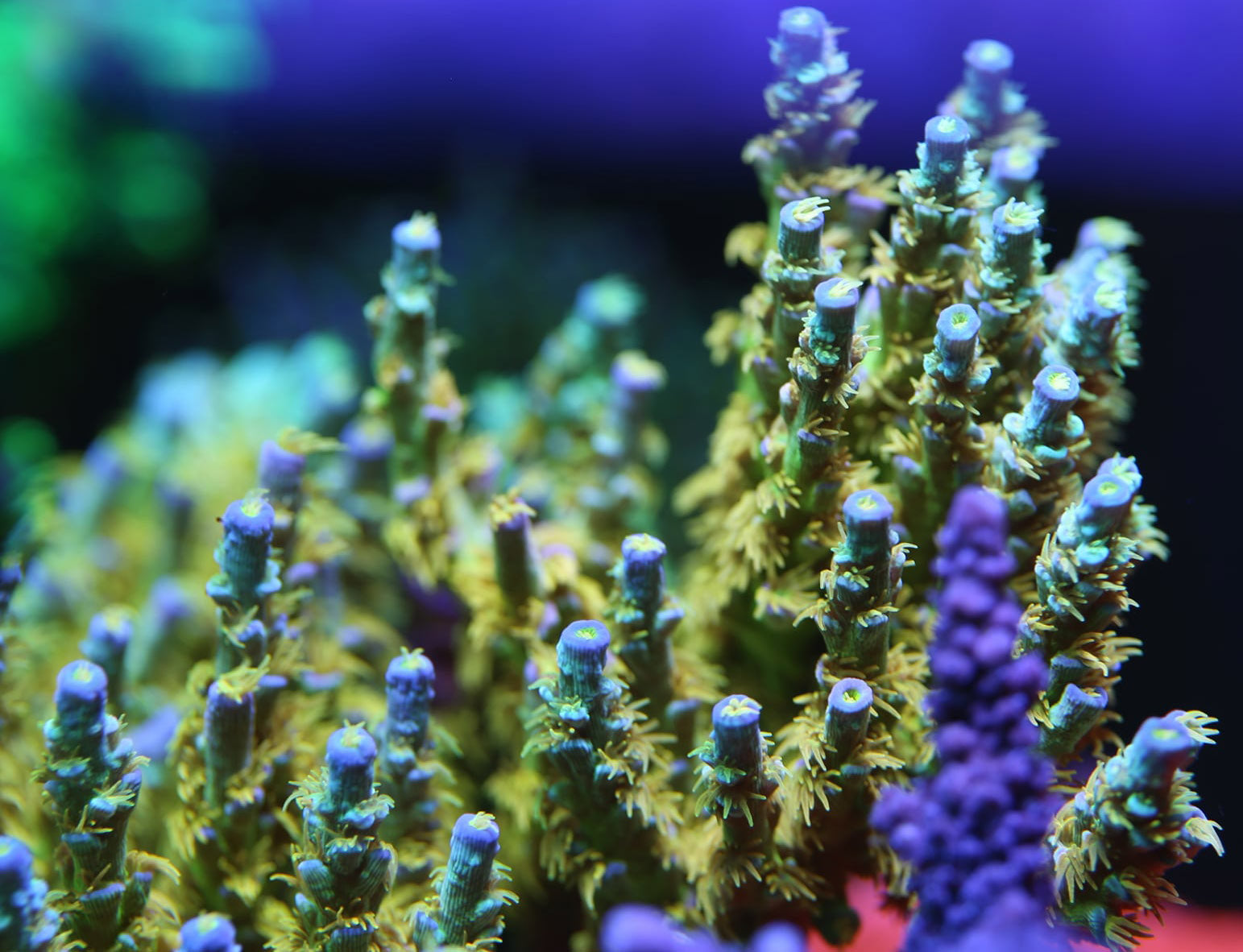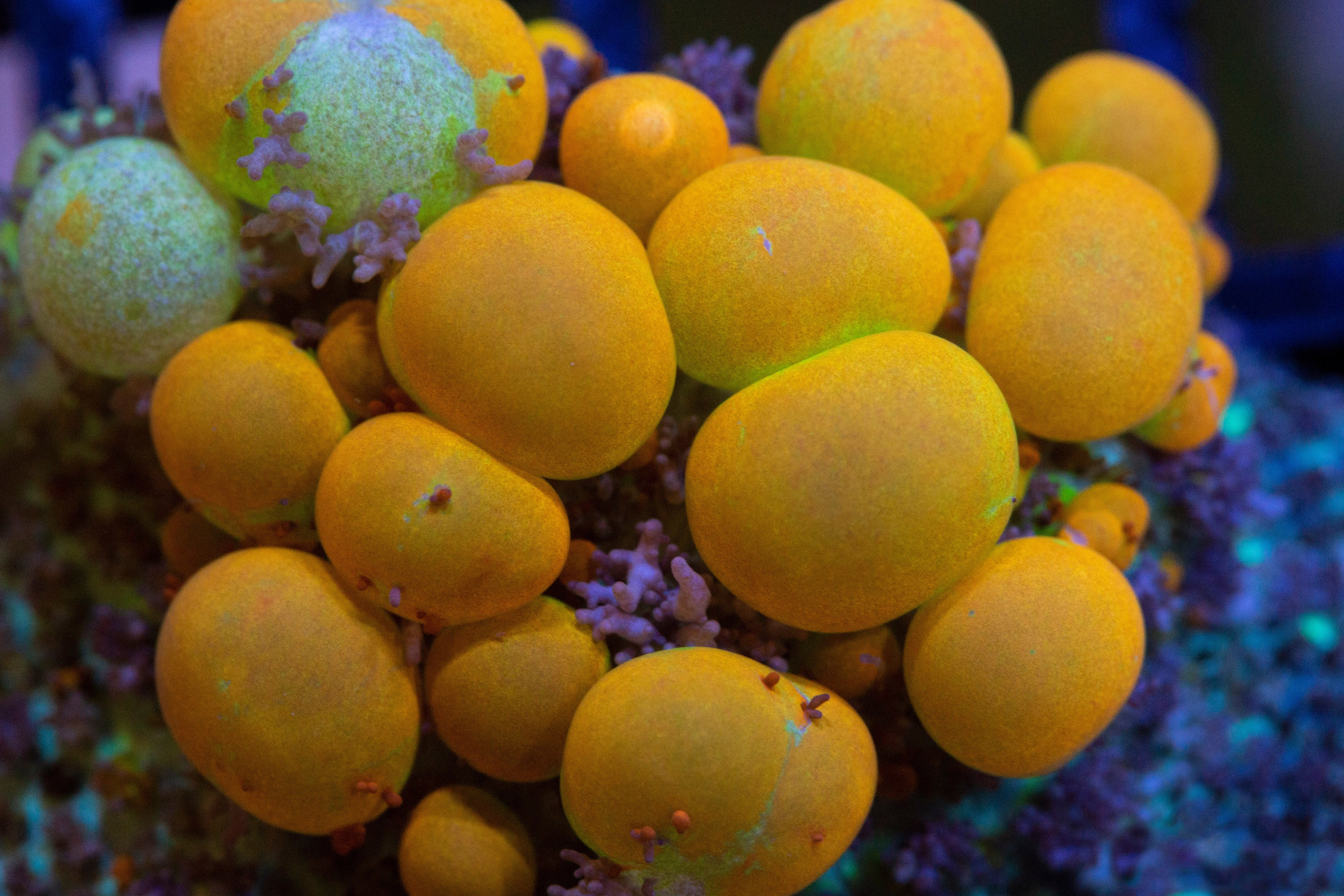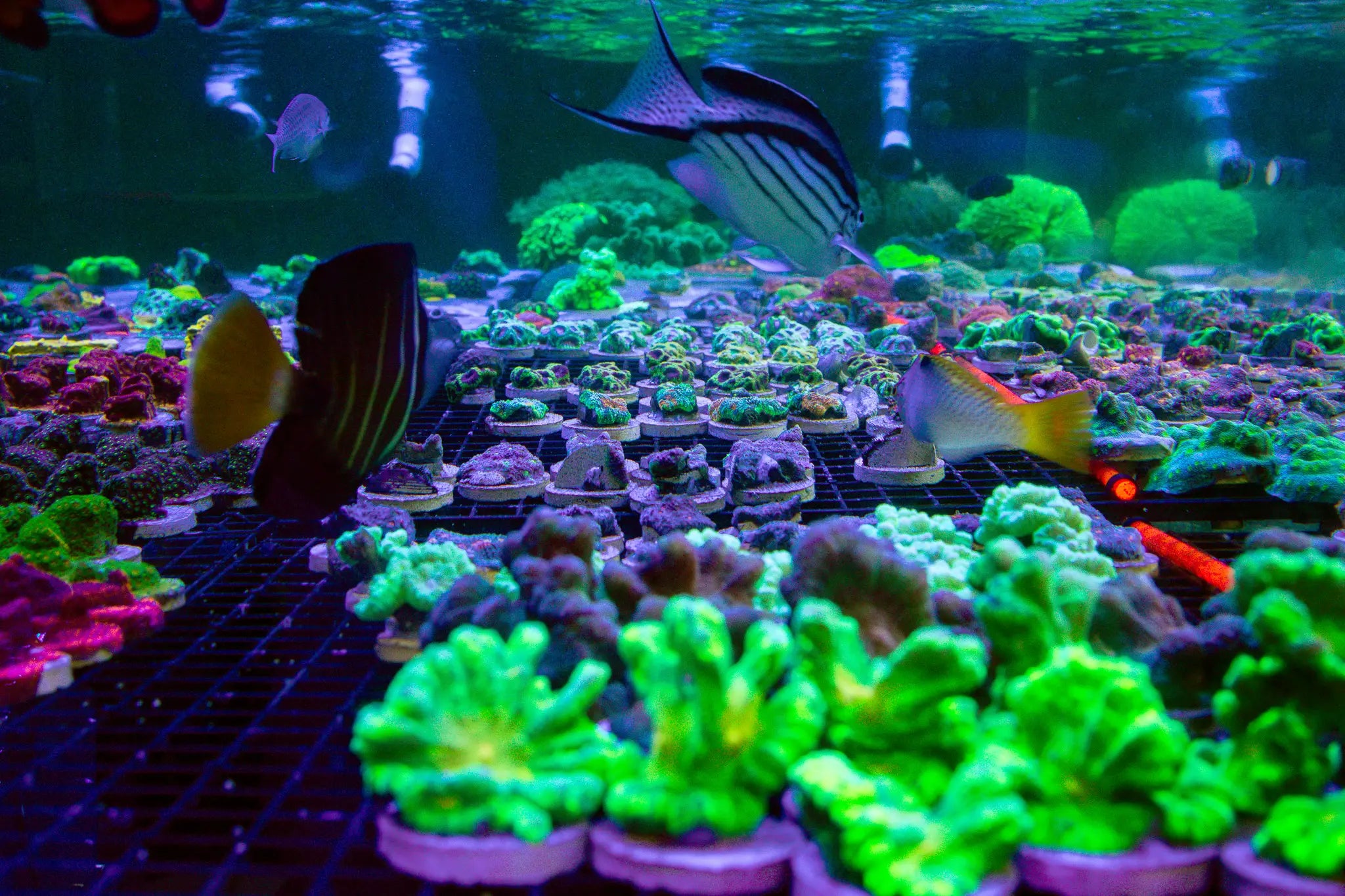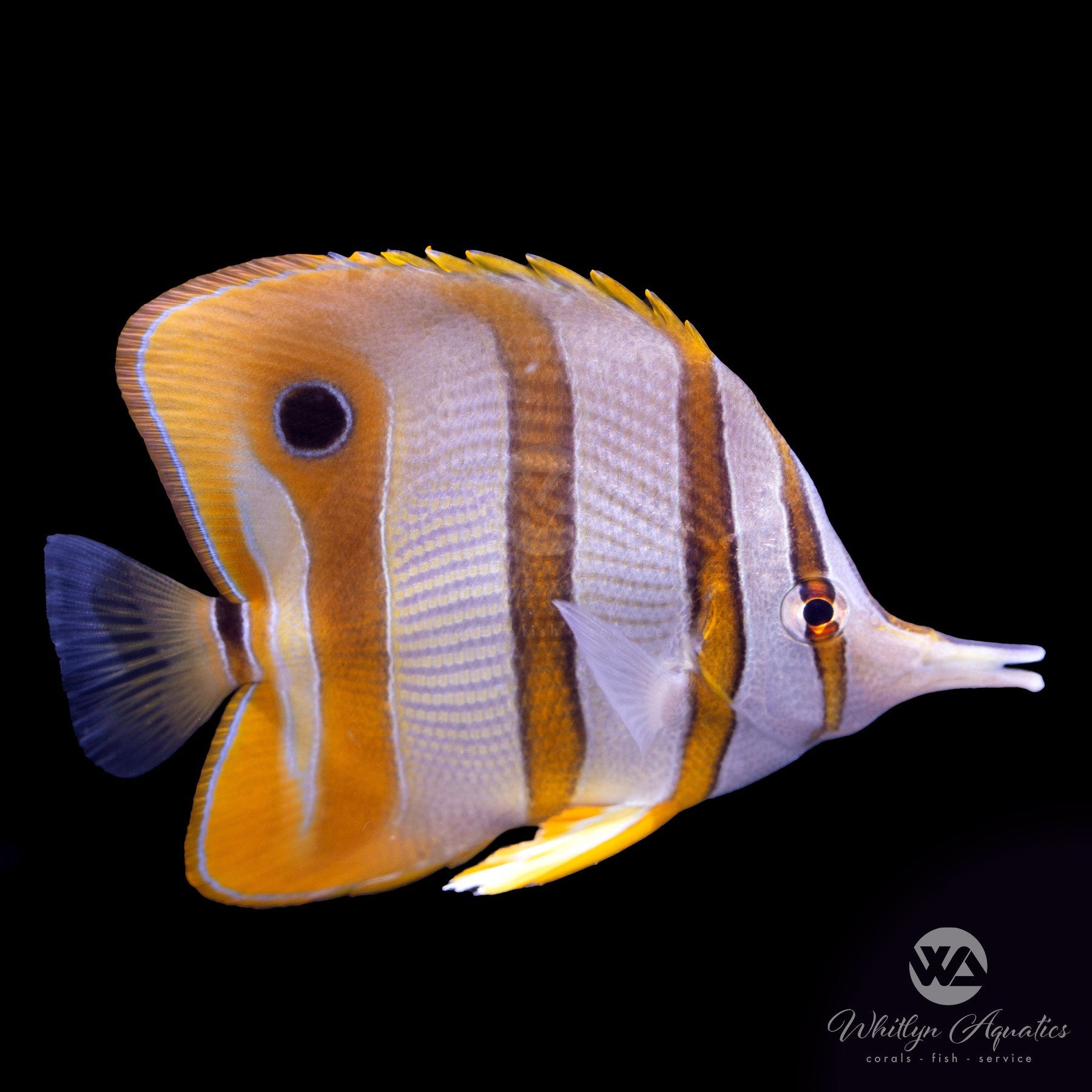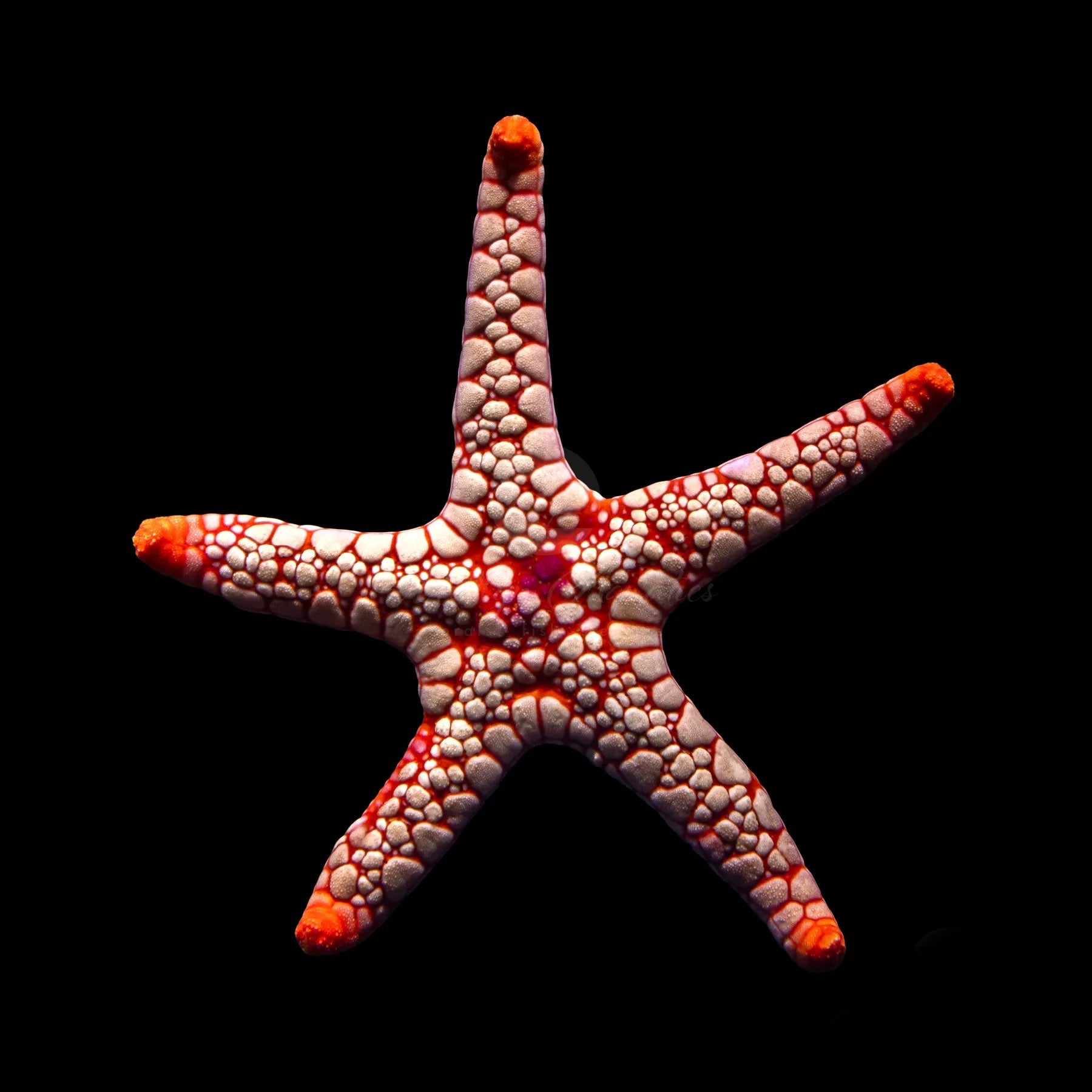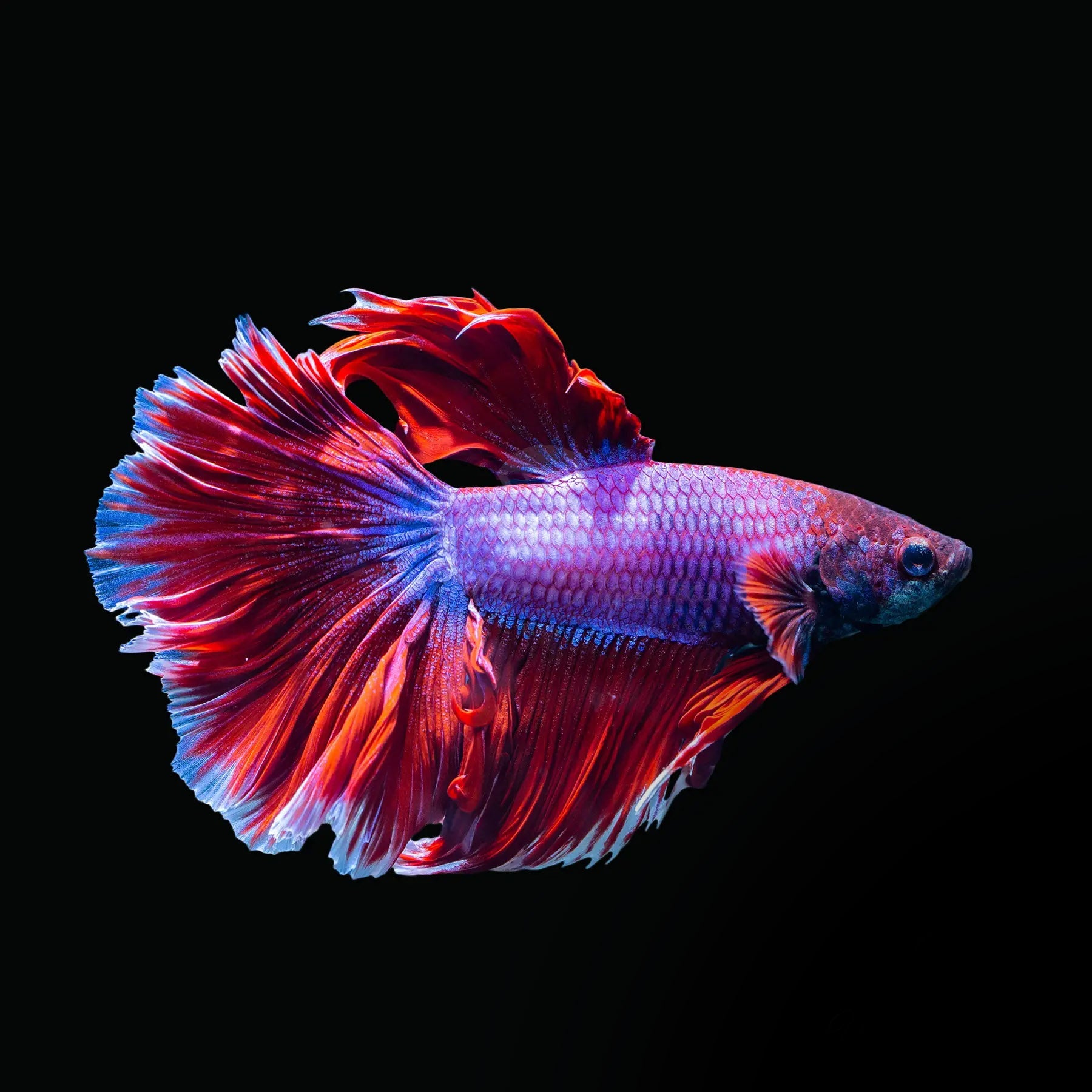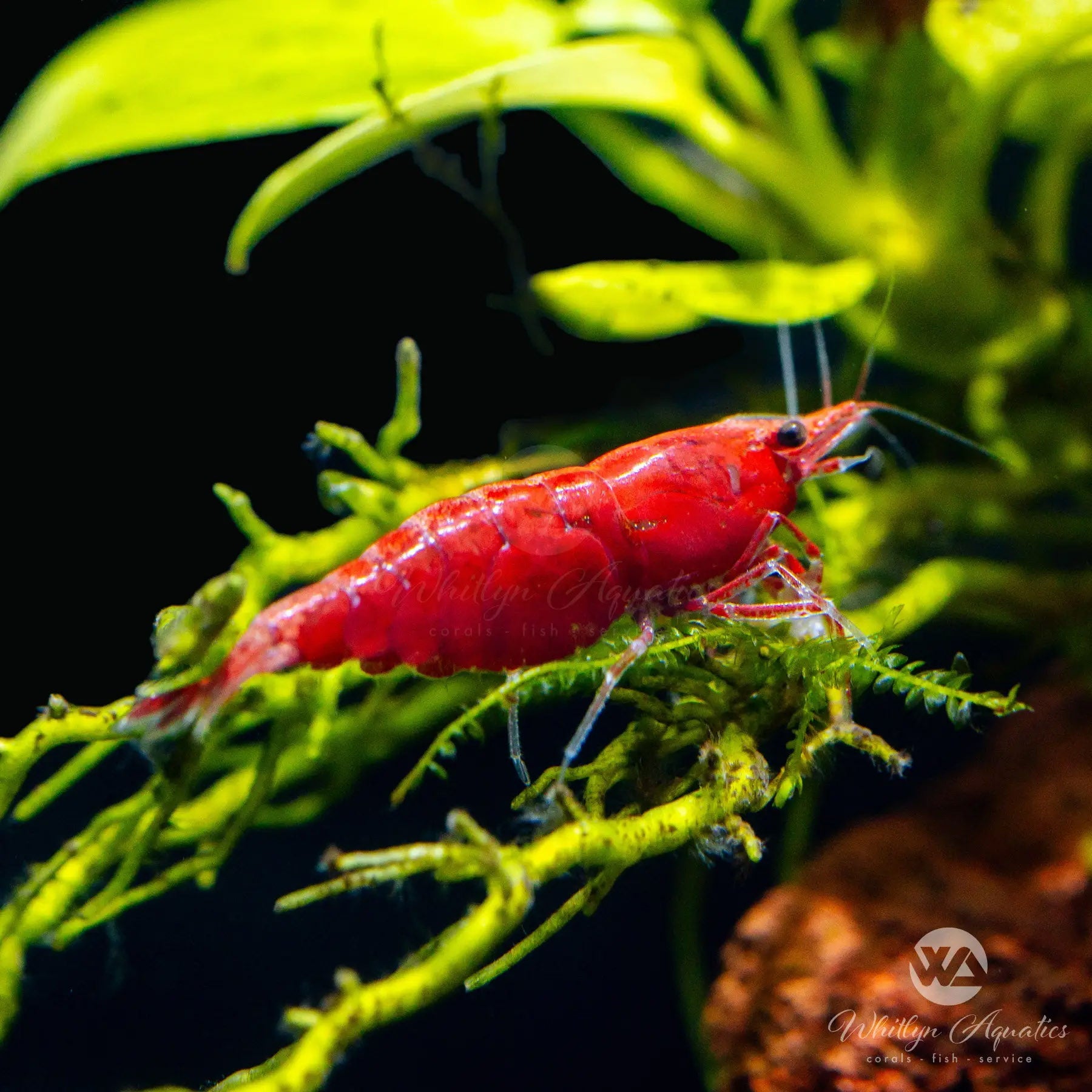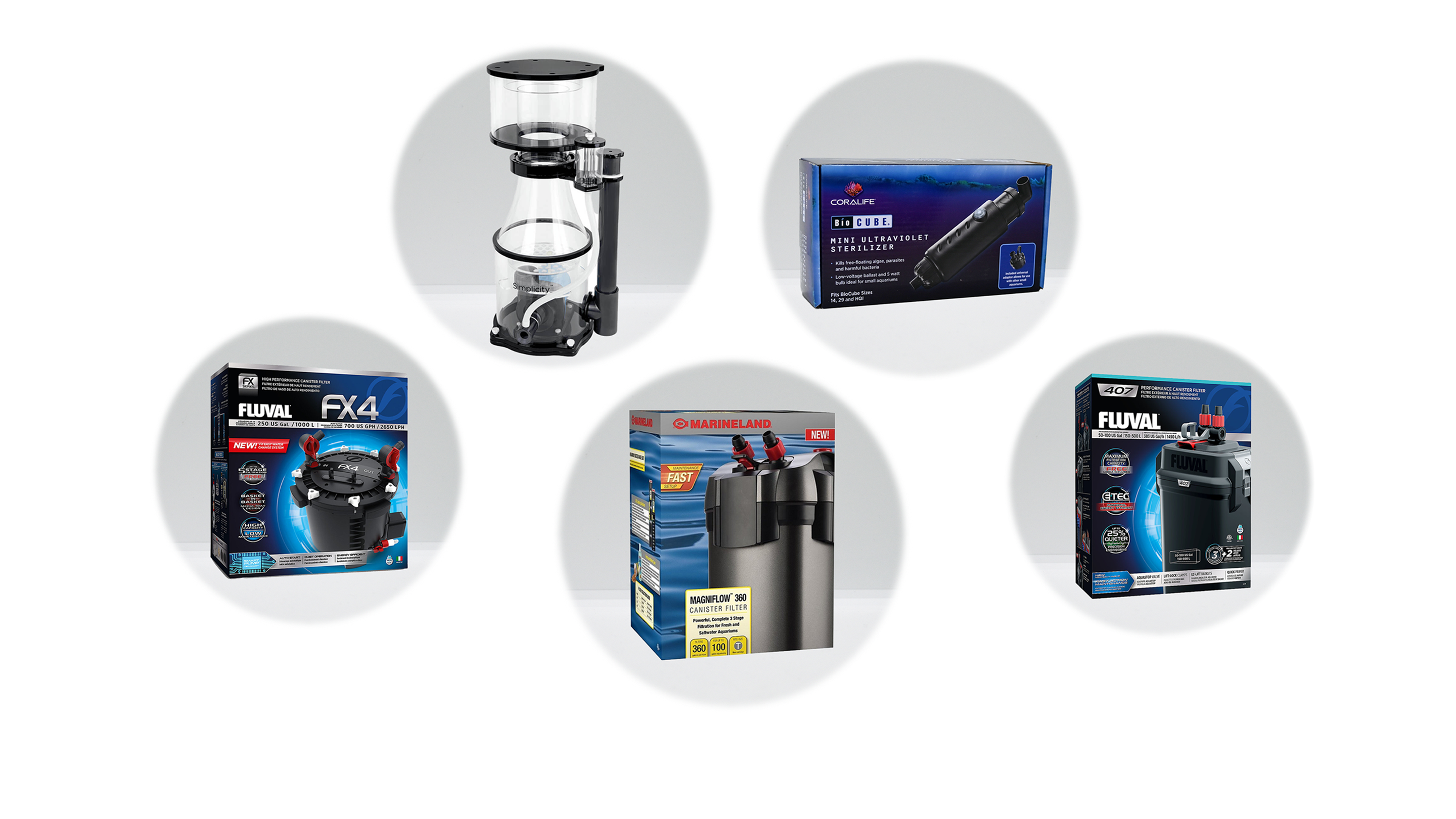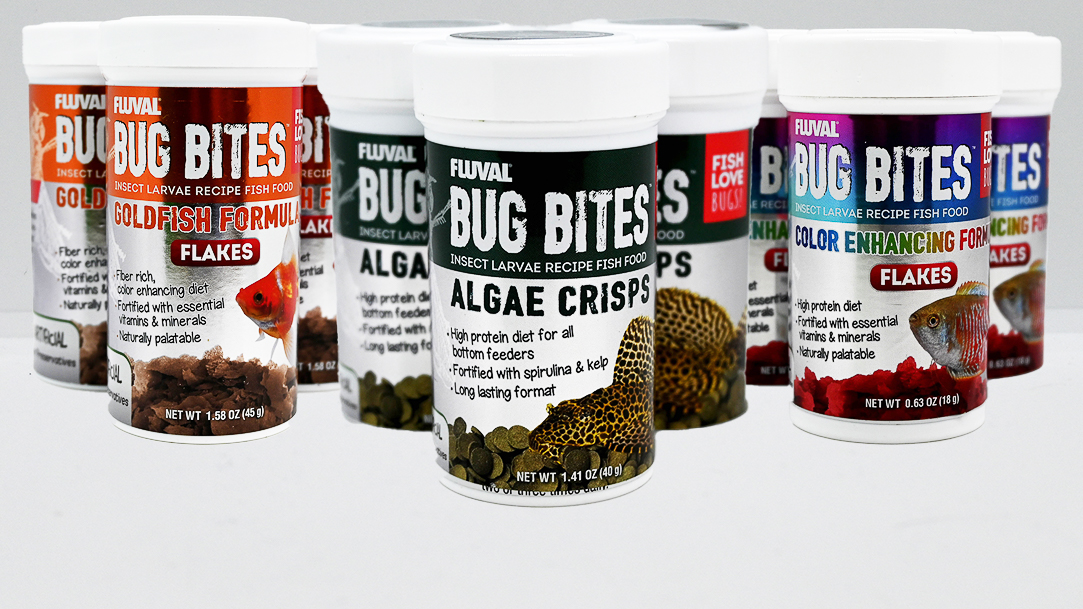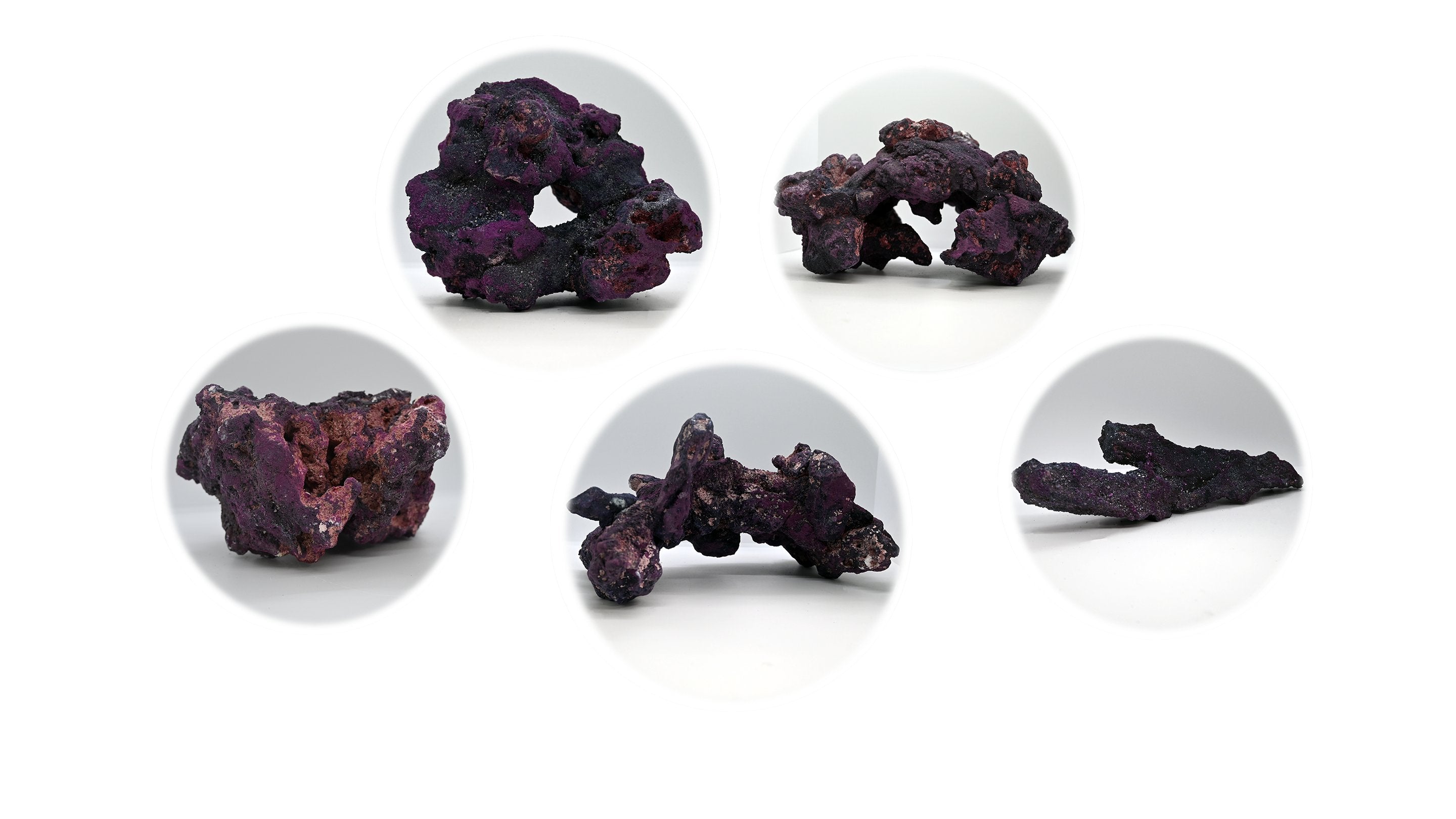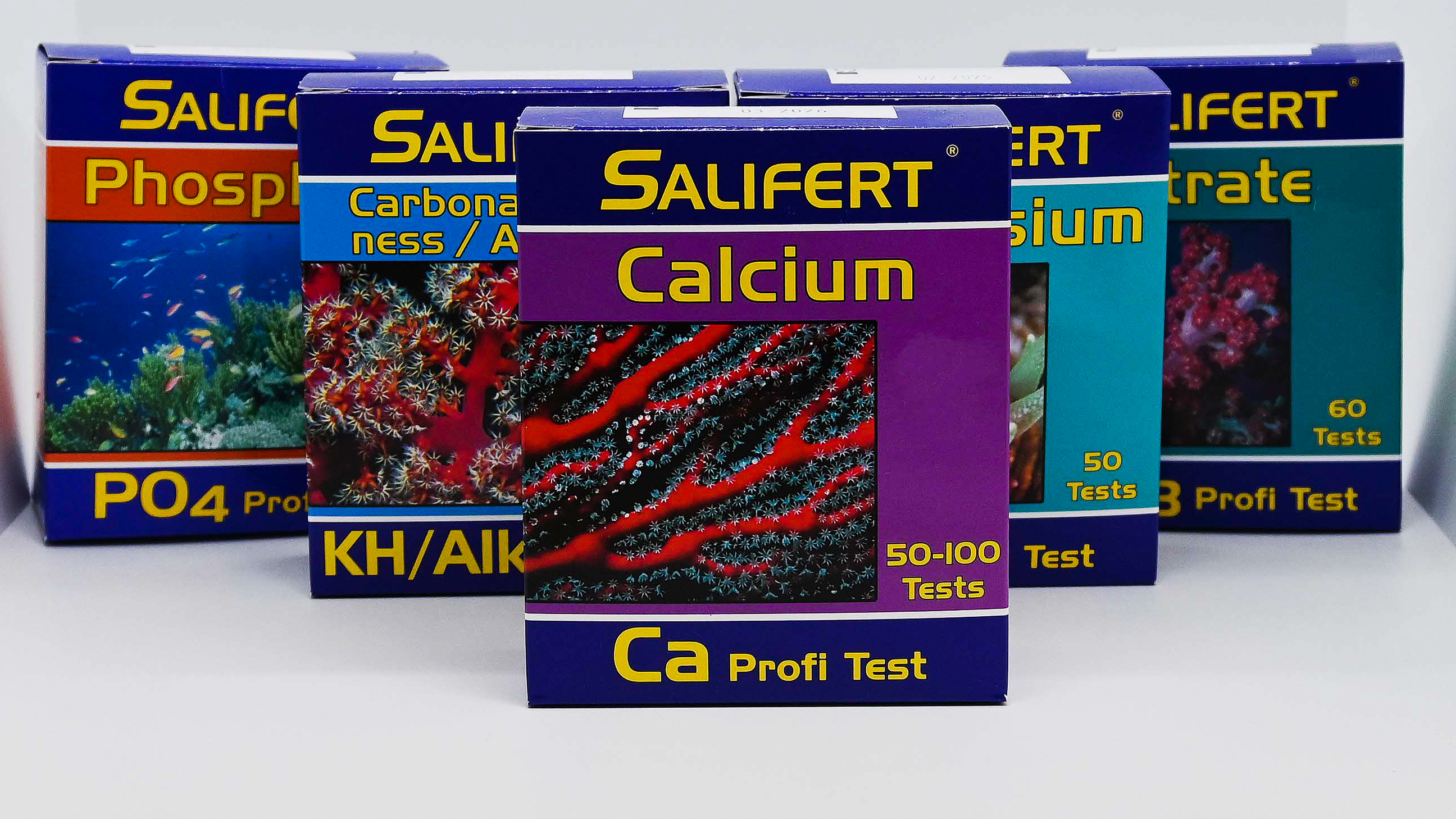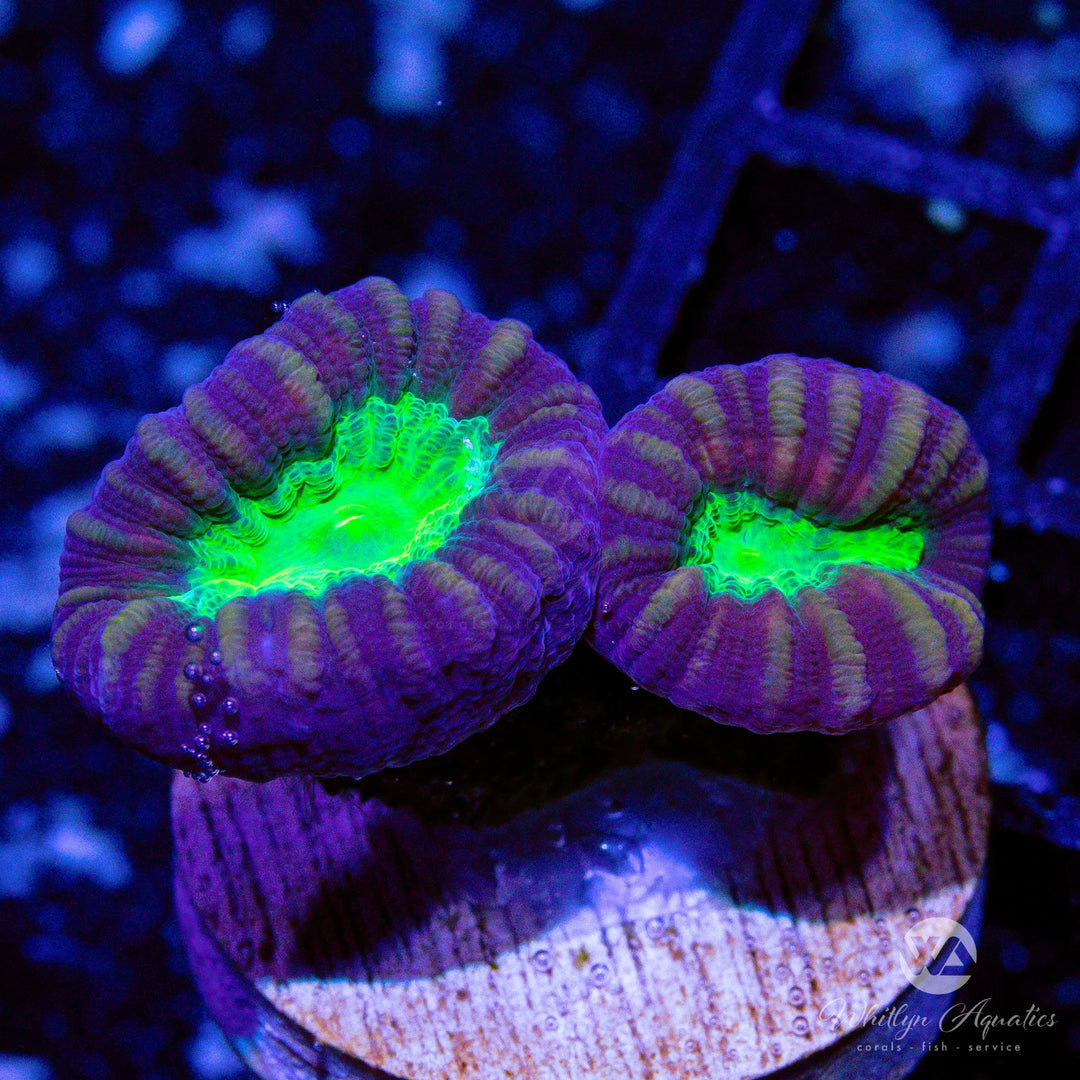
Purple & Green Trumpet “Candy Cane” Coral
- In stock, ready to ship
- Backordered, shipping soon
The Purple & Green Trumpet “Candy Cane” Coral is an aquacultured Caulastrea variety prized for its vivid contrast and reliability. Each fleshy polyp displays a neon green center surrounded by a rich purple exterior, often accented with subtle golden radiating bands. This branching LPS coral forms tidy clusters that add a glowing, jewel-like effect to reef aquariums.
Trumpet corals are hardy and colorful LPS corals that make an excellent choice for beginner and experienced reef keepers alike. Their tubular polyps with fleshy, round heads resemble trumpets or candy canes, often displaying vibrant shades of green, teal, or red hues. With moderate lighting, gentle flow, and occasional feeding, trumpet corals thrive and grow into branching colonies that add movement and color to reef aquariums.
Scientific Name & Identification
Trumpet corals (Caulastrea species), also known as Candy Cane Coral, are easily identified by their tubular skeletons ending in fleshy polyps. Each head expands during the day and retracts slightly at night. Colonies branch over time, creating clusters of trumpet-like corallites.
Natural Habitat
Native to the Indo-Pacific, trumpet corals inhabit lagoon slopes and reef flats, usually in areas with moderate light and low to moderate flow. Their natural conditions guide their ideal aquarium placement.
Aquarium Care & Setup
- Temperature: 74–80°F (23–27°C)
- pH: 8.1–8.4
- Salinity: 1.024–1.026
- Flow: Low to moderate, enough to deliver nutrients without blasting the fleshy heads
- Lighting: Moderate (50–150 PAR)
- Placement: Mid to lower rockwork or sandbed with space between colonies to prevent aggression
Feeding Trumpet Corals
While photosynthetic, trumpet corals benefit from supplemental feeding. Target feeding 1–2 times per week with meaty foods like mysis shrimp, brine shrimp, or reef-specific pellets promotes faster growth and improved coloration.
Growth and Behavior
Trumpet corals are semi-aggressive, extending short sweeper tentacles at night. They grow by forming new heads that bud from the skeleton, gradually developing into branching colonies.
Tankmates
Trumpet corals coexist well with most peaceful reef fish and invertebrates. Avoid aggressive LPS with long sweeper tentacles or fish known to nip at fleshy corals, such as large angelfish or butterflyfish.
For more information, check out our Trumpet Coral Care Guide.
Are trumpet corals easy to keep?
Yes, trumpet corals are hardy and beginner-friendly LPS corals that tolerate a range of reef conditions.
Do trumpet corals need feeding?
They can survive on photosynthesis but benefit from supplemental feeding with meaty foods 1–2 times per week.
What lighting do trumpet corals need?
Moderate reef lighting (50–150 PAR) is ideal. Too much light can cause bleaching, while too little can reduce growth.
Where should I place trumpet corals in my tank?
Mid-to-lower areas of the tank with low to moderate flow work best. Leave space between colonies to avoid aggression.
Will trumpet corals sting other corals?
Yes, they are semi-aggressive and may extend short sweeper tentacles at night. Spacing prevents conflicts.
How fast do trumpet corals grow?
Growth is moderate, with new heads budding from the skeleton over time to form branching colonies.


